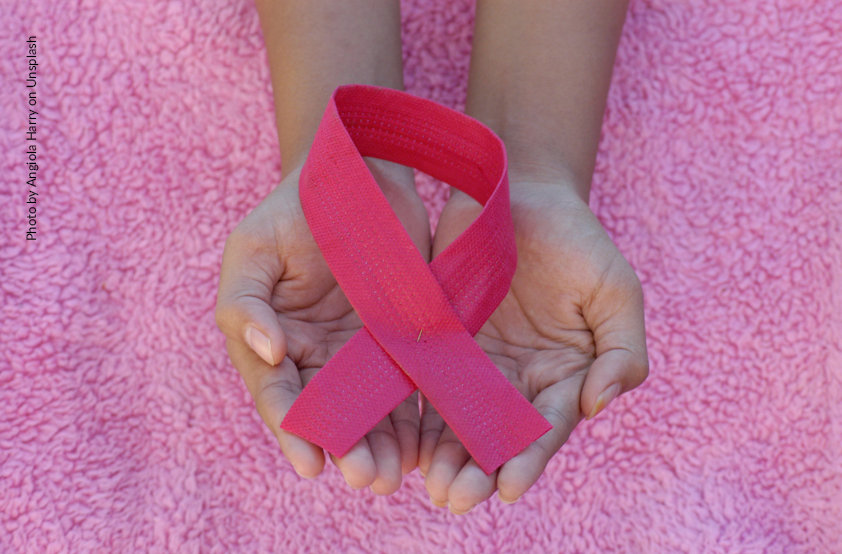Belgium: Solidaris calls for renewed reflection on the Cancer Plan

Solidaris has published its latest study on breast cancer and the hidden side of the disease. The Mutual has been tracking the health expenses of women who started breast cancer treatment in 2014 for several years and also conducted a survey last June to better understand the daily life of women who have or have had breast cancer.
The figures show that the disease generates significant financial costs: health expenses are multiplied by 4 in the first year of the disease, reaching €2,000 on average, to which must be added a whole series of expenses that are not or are insufficiently reimbursed (hair prostheses, certain drugs, parapharmacy products, adapted clothing, etc.). 1 in 4 women have difficulty paying bills related to breast cancer and the same is true for paying for everyday expenses.
The testimonies collected in the survey also highlight the consequences of the disease in all areas of life. The women interviewed mention numerous physical health problems, mainly related to the treatments and side effects, but also a significantly deteriorated psychological health and well-being as a result of the disease: 4 out of 10 women are in moderate to severe depression and almost 1 out of 3 women is not satisfied with her life. The disease also has an impact on family and social life, making relationships more difficult.
At work, 7 out of 10 women are unable to work the year they start treatment and almost 1 out of 2 women is subsequently disabled. They face difficulties in returning to work and professional changes with which they are not satisfied in 7 out of 10 cases.
Finally, the survey shows that while the disease affects all women regardless of their social background, it increases social inequalities in all areas.
Solidaris is therefore calling for a rethink of the National “Cancer Plan” and for it to be updated with a new “Breast Cancer Policy” that is more in line with the lessons learned from this vast study, based on the following 4 key recommendations, broken down into concrete actions:
– Inform and raise awareness about the disease to change mentalities and the way the disease is viewed
– Support women while ensuring their physical and psychological well-being
– Remove the financial difficulties linked to the disease
– Facilitate as much as possible the return to work
